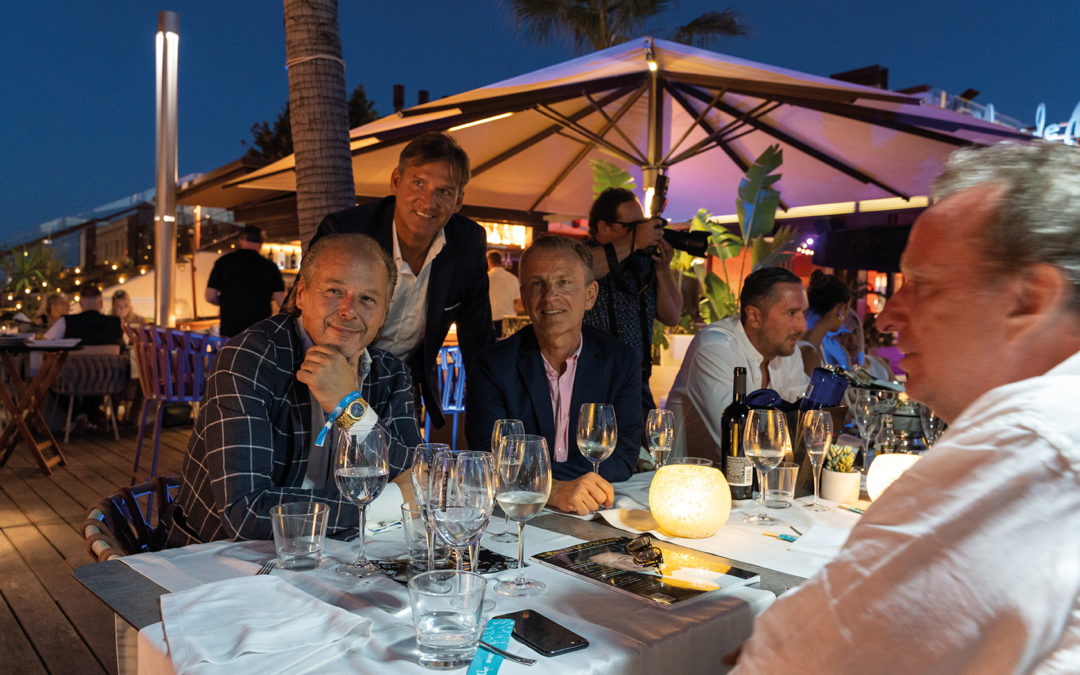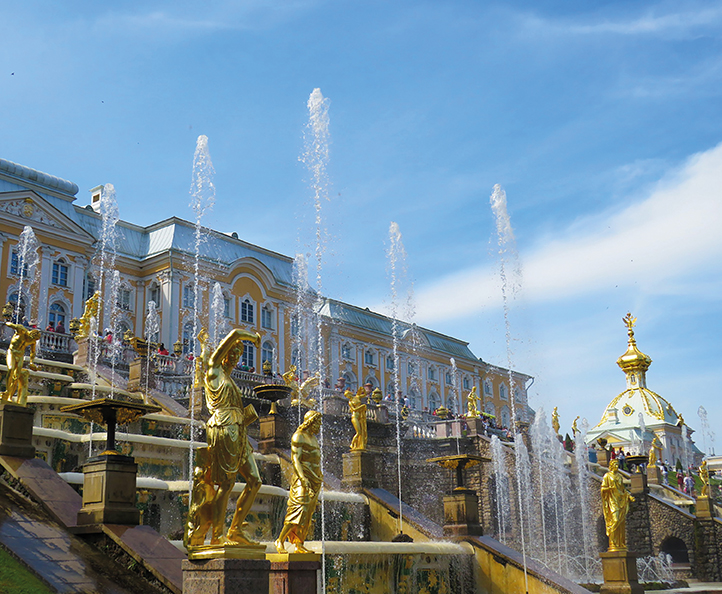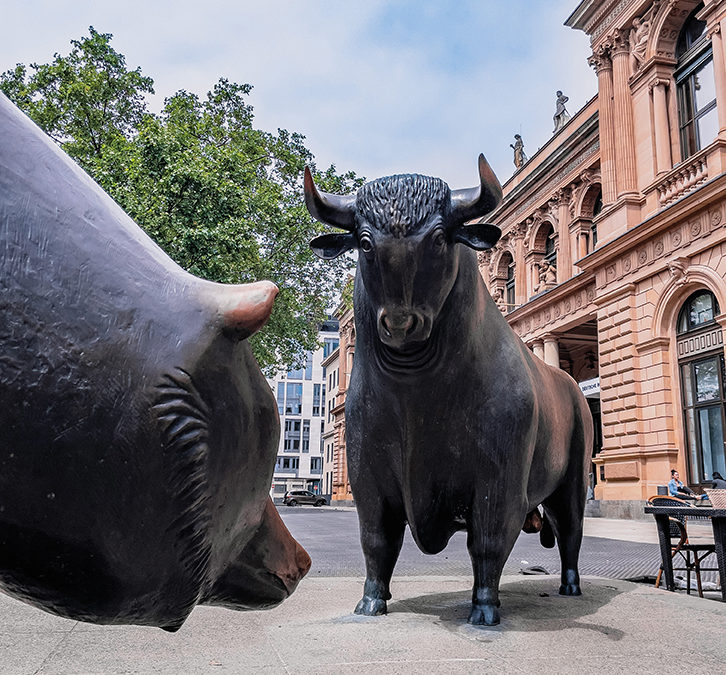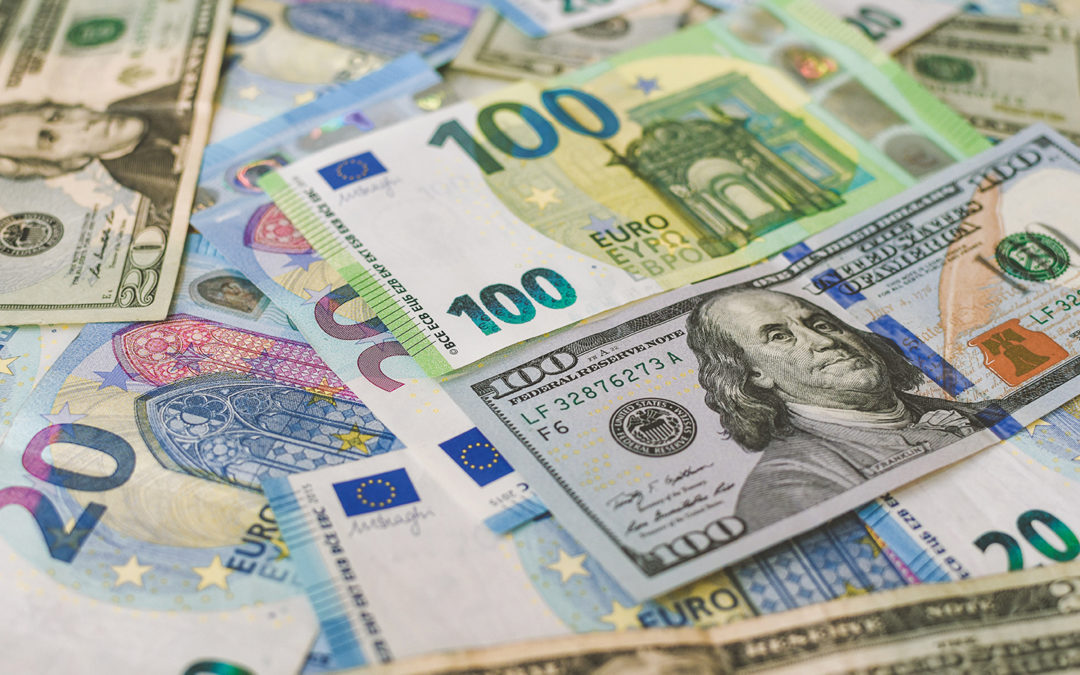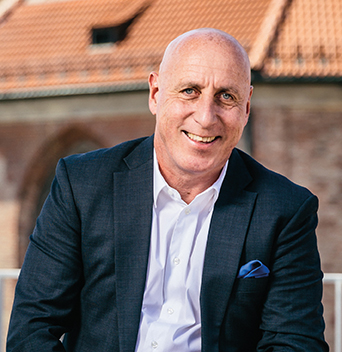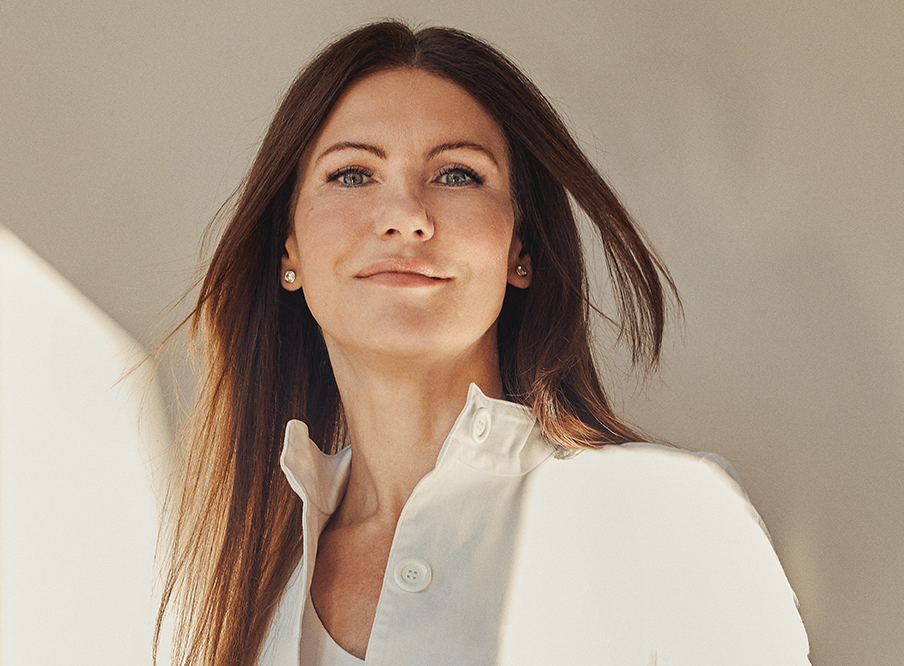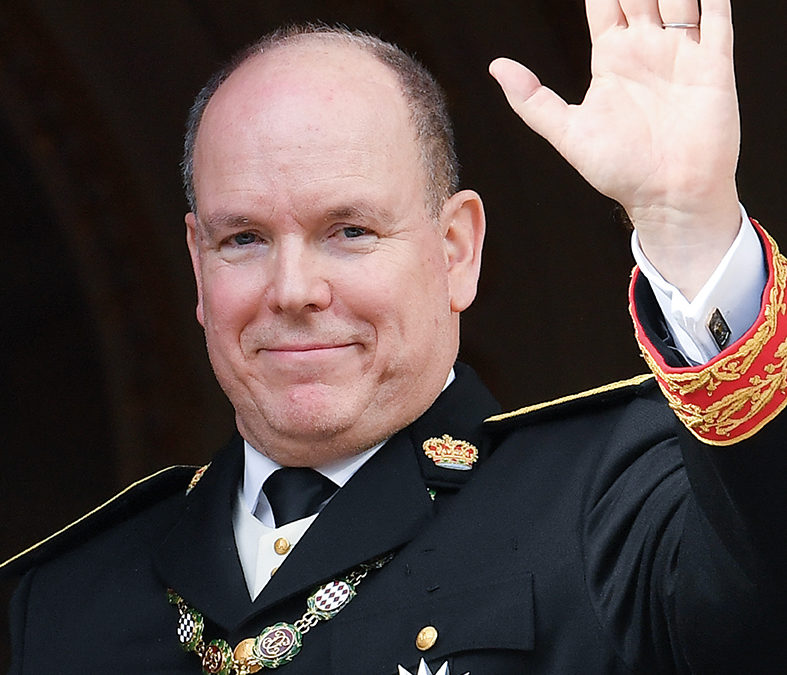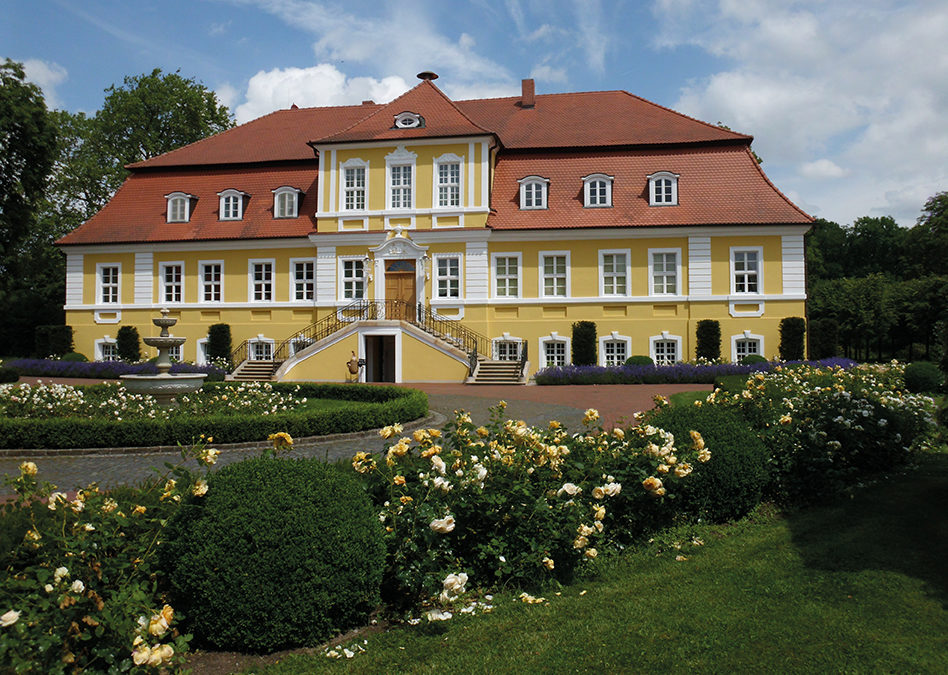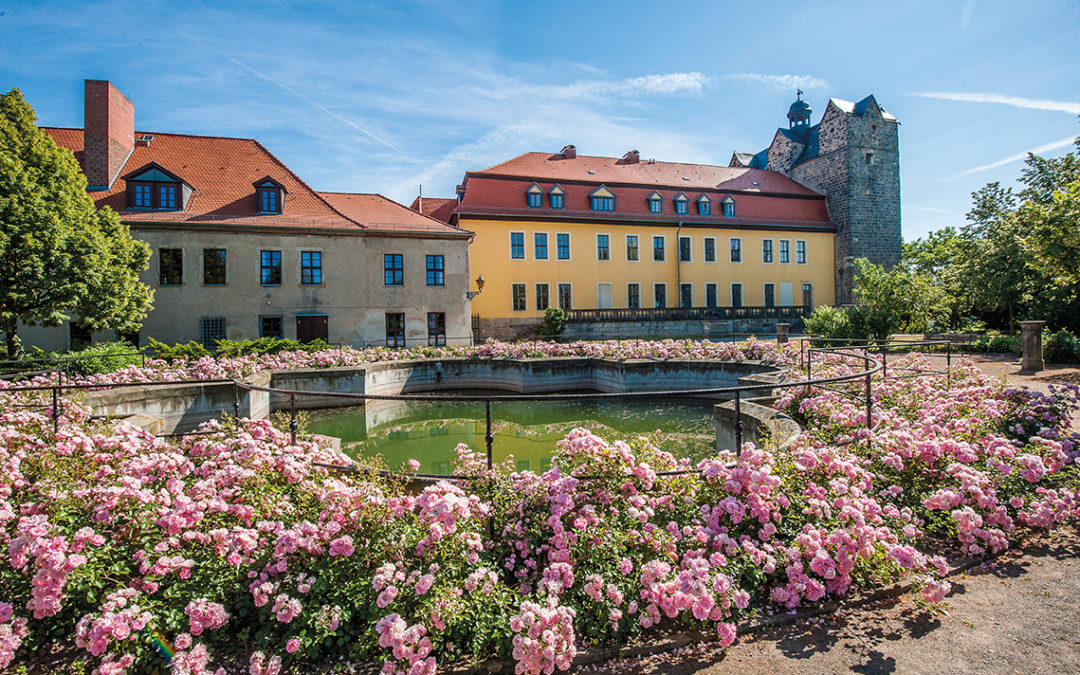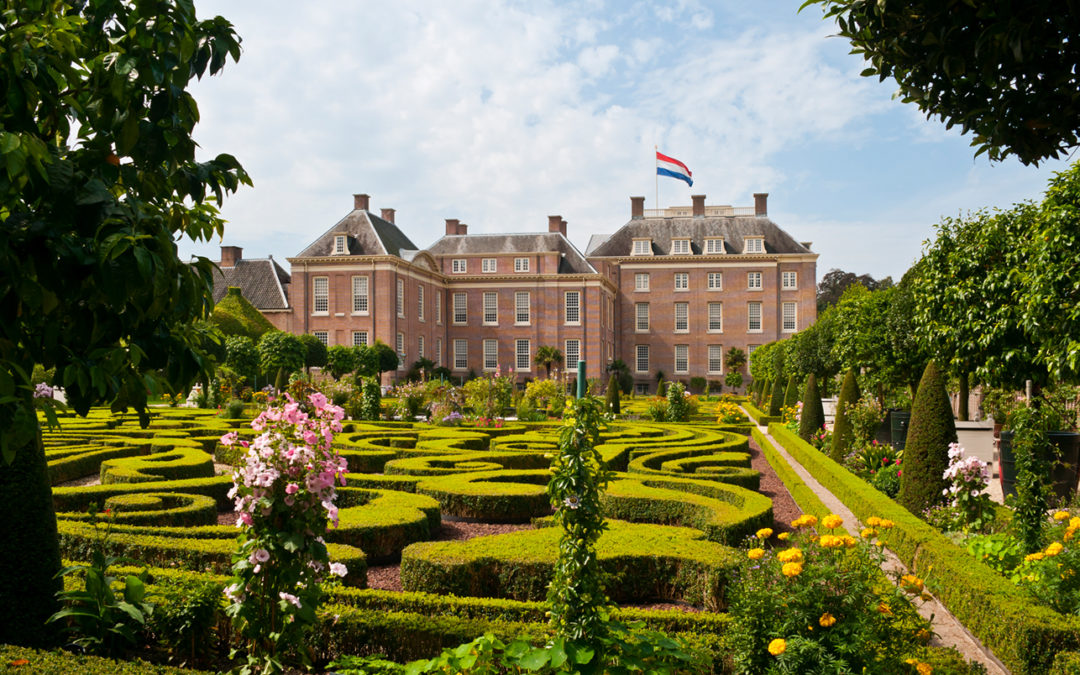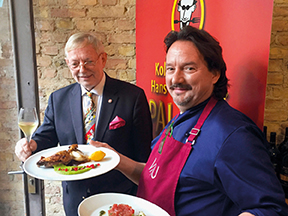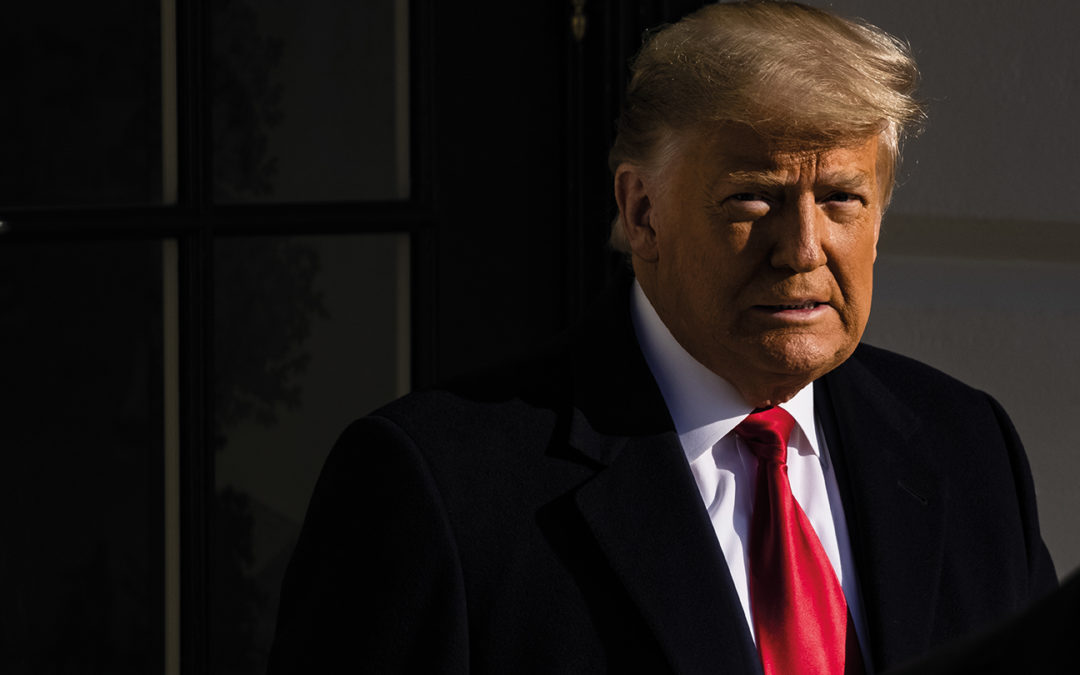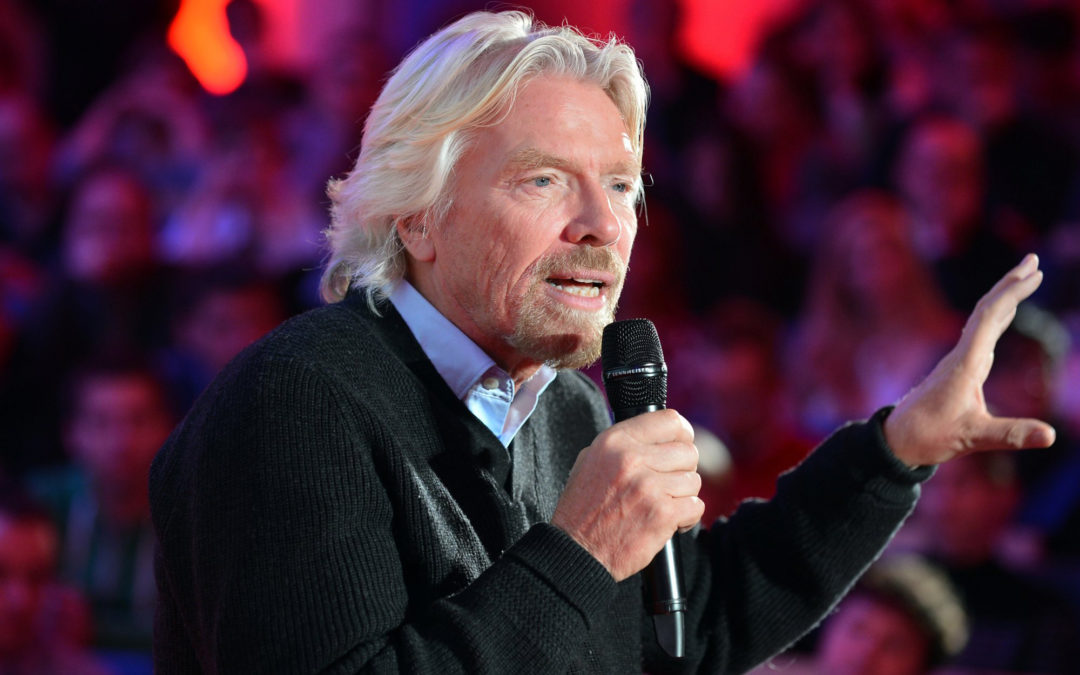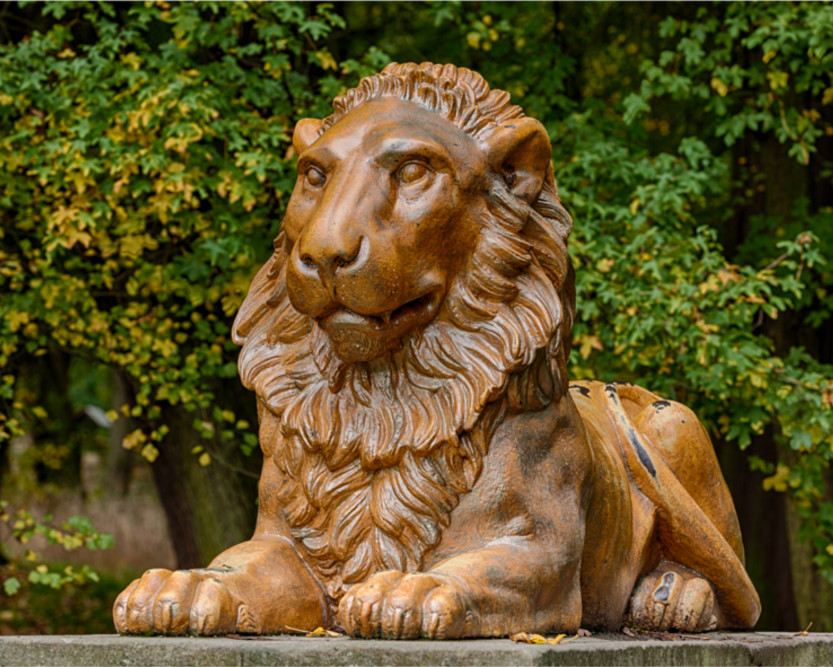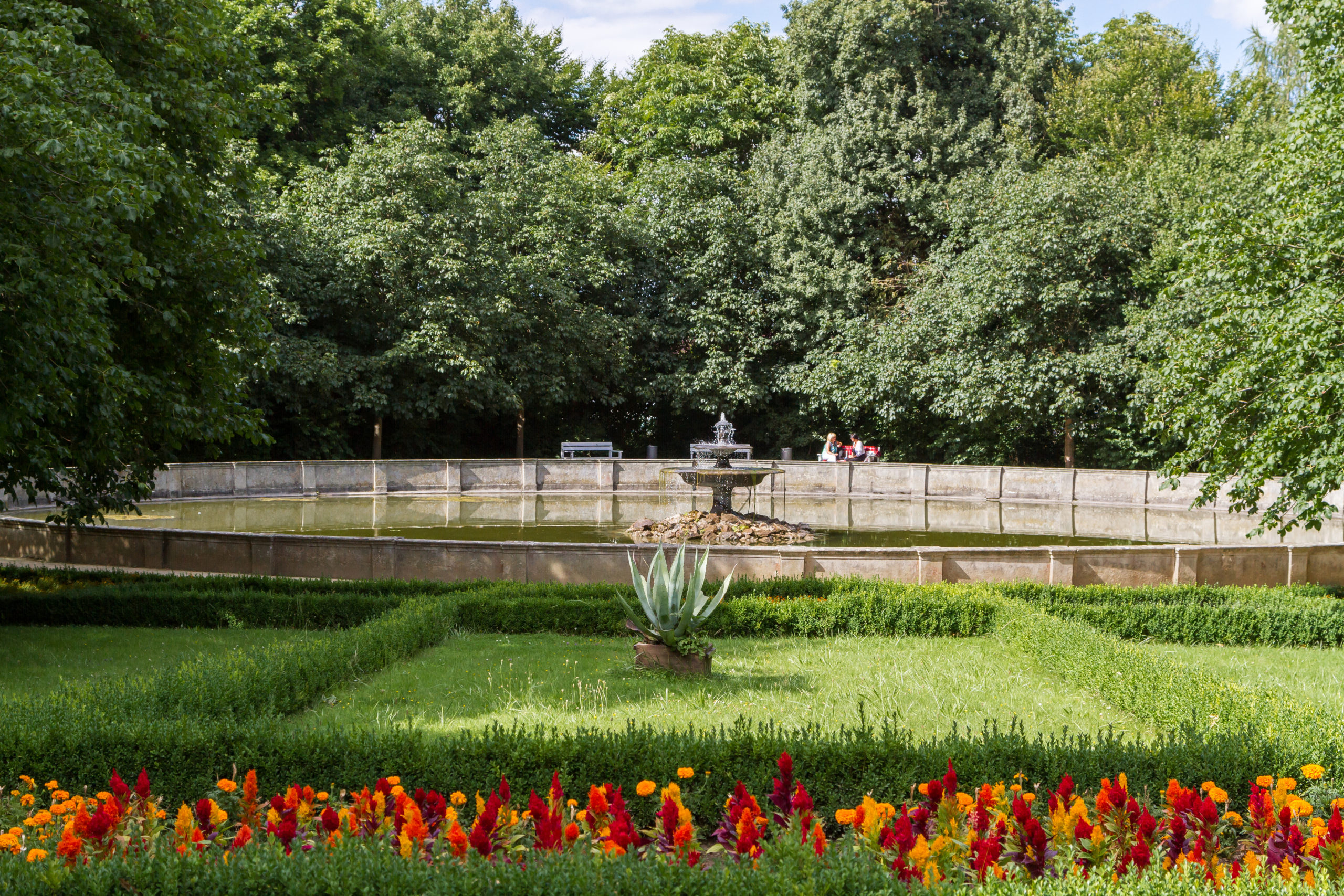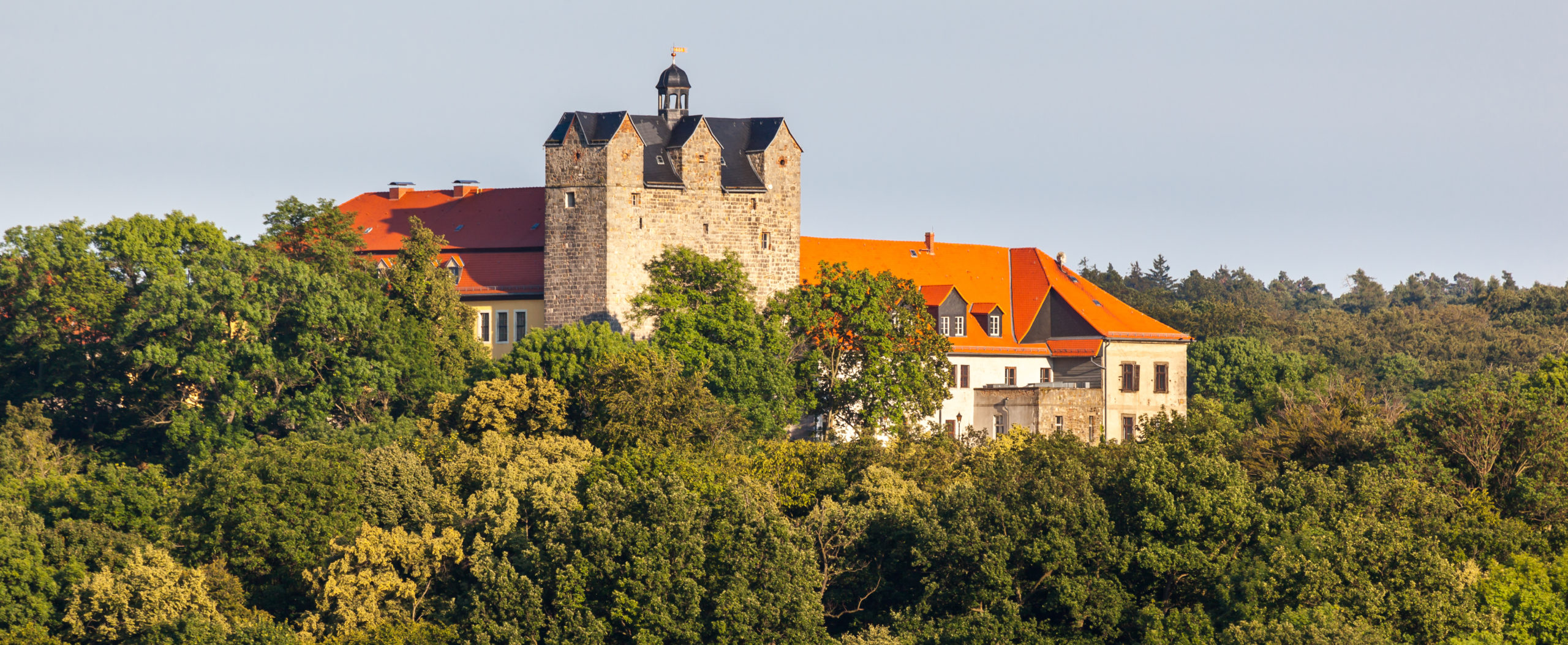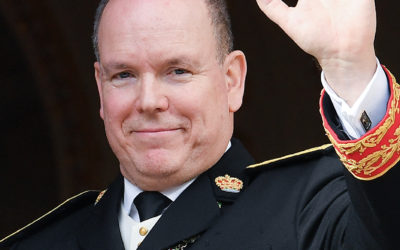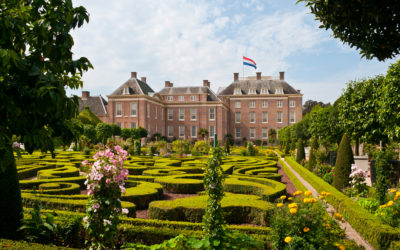Doch die Zeiten sind vorbei. Daher hat sich Prinz Eduard auch von der typischen Thronfolge verabschiedet, und hat vor zehn Jahren eingeführt, dass die Nachfolge unabhängig vom Geschlecht angetreten wird. Die Adelsverbände haben natürlich etwas dagegen, aber das stört ihn nicht. Laut Adelsrecht ist er ein Souverän in seiner Familie und kann bestimmen, wie das Hausgesetz aussieht – und so wird es das erste Mal in der tausendjährigen Geschichte der Askanier eine „Thronfolgerin“ eine Familienchefin geben, denn Prinz Eduard hat drei Töchter.
Trotz dieser Veränderungen und eines modernen Wandels sind viele Menschen der Meinung, dass der Adel nicht mehr zeitgemäß ist. Auf der anderen Seite lesen die gleichen Menschen wöchentlich bunte Magazine mit einer Auflage von rund 16 Millionen und Berichten über die Königsfamilien und die Welt des Adels. Prinz Eduard steht auf dem Standpunkt, dass jedes politische System seinen Adel hat, eine staatstragende Spitze. Bei uns sind es die großen Unternehmer und Manager, im Sozialismus hieß diese „Nomenklatura“ und ansonsten sind es die Funktionäre. Dem monarchistischen Adel bleiben Traditionen und Erinnerungen an Vorfahren, von denen man lernen sollte, was man im eigenen Leben richtig oder falsch machen könnte. Der aristokratische Lifestyle wird heute gern von neureichen Bürgern imitiert.
Prinz Eduard berichtet von Einladungen seiner englischen Verwandtschaft. Prinz Charles ist einer seiner Cousins, und so war er natürlich auch schon öfter dabei, wenn im Buckingham Palace Königin Elisabeth einen Hofempfang zelebrierte und anschließend getafelt wurde. Die englische Königsfamilie versteht sich als PR-Agentur für das Vereinigte Königreich und als finanzkräftiger Geschäftsmann an der royalen Tafel zu sitzen und sich livrierte Diener aufmerksam um einen kümmern, hat schon so manchen von ihnen davon überzeugt, ins Königreich zu investieren und bzw. oder eine großzügige Spende für einen der Charity-Fonds der Windsors zu geben. Es besteht nach wie vor Kontakt zum englischen Königshaus, denn Prinz Charles ist zudem Schirmherr vom Wörlitzer Park bei Dessau, dem ersten englischen Garten auf dem europäischen Kontinent und einem Schloss, das Vorbild für das Weiße Haus in Washington wurde. Prinz Charles und Ehefrau Camilla kommen gern, weil es ein besonders schöner englischer Park und Ort der englischen Gartenkultur ist, der er sich – wie man weiß – besonders verbunden fühlt; aber leider reduzieren sich die Treffen im Alter etwas. Prinz Eduard ergänzt lachend, da wir im Alter lieber in die Karibik fahren, denn dort ist es wärmer und scheint mehr Sonne als in Deutschland und in England zusammen.
Trotz seines adeligen Lebens hat der Prinz auch bürgerliches Arbeiten kennengelernt. Nach dem Studium an einer Handelsschule in Malaga/Spanien und einer Lehre bei der Deutschen Bank, arbeitete er eine Zeitlang bei Klöckner Stahl in Duisburg. Da ihm letztlich die unternehmerischen Gene fehlten, wurde er Gesellschaftsjournalist und später Adelsexperte in vielen Medien. Seine Fernsehkarriere begann mit einem Beitrag im WDR über einen Prinz Fréderic von Anhalt, den seine Tante gerade adoptiert hatte und der dann später Ehemann der mittlerweile verstorbenen Hollywood-Diva Zsa Zsa Gabor wurde. Adoptierte Trägerinnen und Träger des Namens von Anhalt – man geht aktuell von rund 60 weltweit aus – machen bis heute durch Skandale auf sich aufmerksam und haben mit einem echten Familienangehörigen nicht die geringsten Gemeinsamkeiten, bemerkt Prinz Eduard; aber 35 Jahre nach dieser ersten Adoption hat er sich daran gewöhnt. Weniger Verständnis dafür haben viele Bürger in Sachsen-Anhalt, die sich mit der Geschichte des Landes verbunden fühlen und nicht nachvollziehen können, wie ein Staat es zulassen kann, dass diese durch offensichtliche Geschäftemacherei mit historischen Landesnamen beschädigt wird. Prinz Eduard hatte versucht, diese Adoptionen zu unterbinden, dafür tausende Euros an Anwalts- und Gerichtskosten ausgegeben und war gescheitert. Das gehört mittlerweile jedoch der Vergangenheit an und auch die Berichterstattung über Mitglieder von Königsfamilien überlässt Prinz Eduard lieber jüngeren Kollegen. Aktuelle Anfragen zu Meghan und Harrys Bruch mit der Familie oder Prinz Andrews Probleme in Florida, lehnt er ab, weil ihm die guten Beziehungen zur Königin und Prinz Charles wichtiger sind.
Ein Thema liegt ihm dagegen ganz besonders am Herzen: das Verhältnis zu Russland, denn Katharina die Große war eine geborene Prinzessin von Anhalt-Zerbst und wohl die bedeutendste Vorfahrin, immerhin die einzige historische Persönlichkeit, die das Prädikat „die Große“ trägt. Aus Prinz Eduards Familienbesitz befinden sich noch an die 2.400 Gemälde und andere wertvolle Gegenstände in der früheren Sowjetunion, und so sieht er seine Aufgabe darin, diese mit einer russisch-deutschen Stiftung „Katharina die Große“ wieder zurückzuführen und im renovierten Schloss Zerbst der breiten Öffentlichkeit zugänglich zu machen. Doch verhindert die politische Lage immer wieder dieses für Russland, Deutschland sowie ganz Europa bedeutende Kunst- und Kulturprojekt. Zurzeit plant der Prinz ein Russland-Buch mit der Grundidee, dass Deutschland und Russland, unabhängig von den Interessen der Politik, zumindest kulturell und auch wirtschaftlich aufeinander zugehen sollten. Es wäre schön, wenn das Buch eine Brücke schlagen würde und zum Verständnis beider Völker beiträgt.
Durch Projekte wie Pipeline Nord Stream 2 und moralische Bedenken, alle Beziehungen zu zerstören, und gleichzeitig mit China und seinem Uiguren-Problem, unbeschwert weiter Handel zu treiben, hält Prinz Eduard für äußerst bedenklich. Europa sollte sich endlich gegenüber den Großmächten USA und China emanzipieren. Er begeistert sich an Überlegungen, dass es irgendwann einmal einen Wirtschaftsraum geben wird, der von Lissabon bis Wladiwostok reicht, als Alternative zu Chinas Mega-Projekt, der Neuen Seidenstraße.
In diesem Herbst veröffentlicht Prinz Eduard aber zuerst einmal sein aktuelles Buch mit dem Titel „Dynastie am Abgrund“ und dem Untertitel „Die Askanier im 20. Jahrhundert“. Es handelt sich um eine Doppelbiographie: die seines herzoglichen Vaters Joachim Ernst (1901 – 1947) und um Prinz Eduards eigenes Leben, bis hin zur deutschen Wiedervereinigung, also vom Untergang der Monarchie bis zum endgültigen Verlust der Heimat durch Enteignung. Doch auch der zweite Band ist bereits in Arbeit und wird unter dem Titel “Dynastie der starken Frauen“ (Untertitel „Die Askanierinnen und das 21. Jahrhundert“) zwei Jahre darauf erscheinen.
